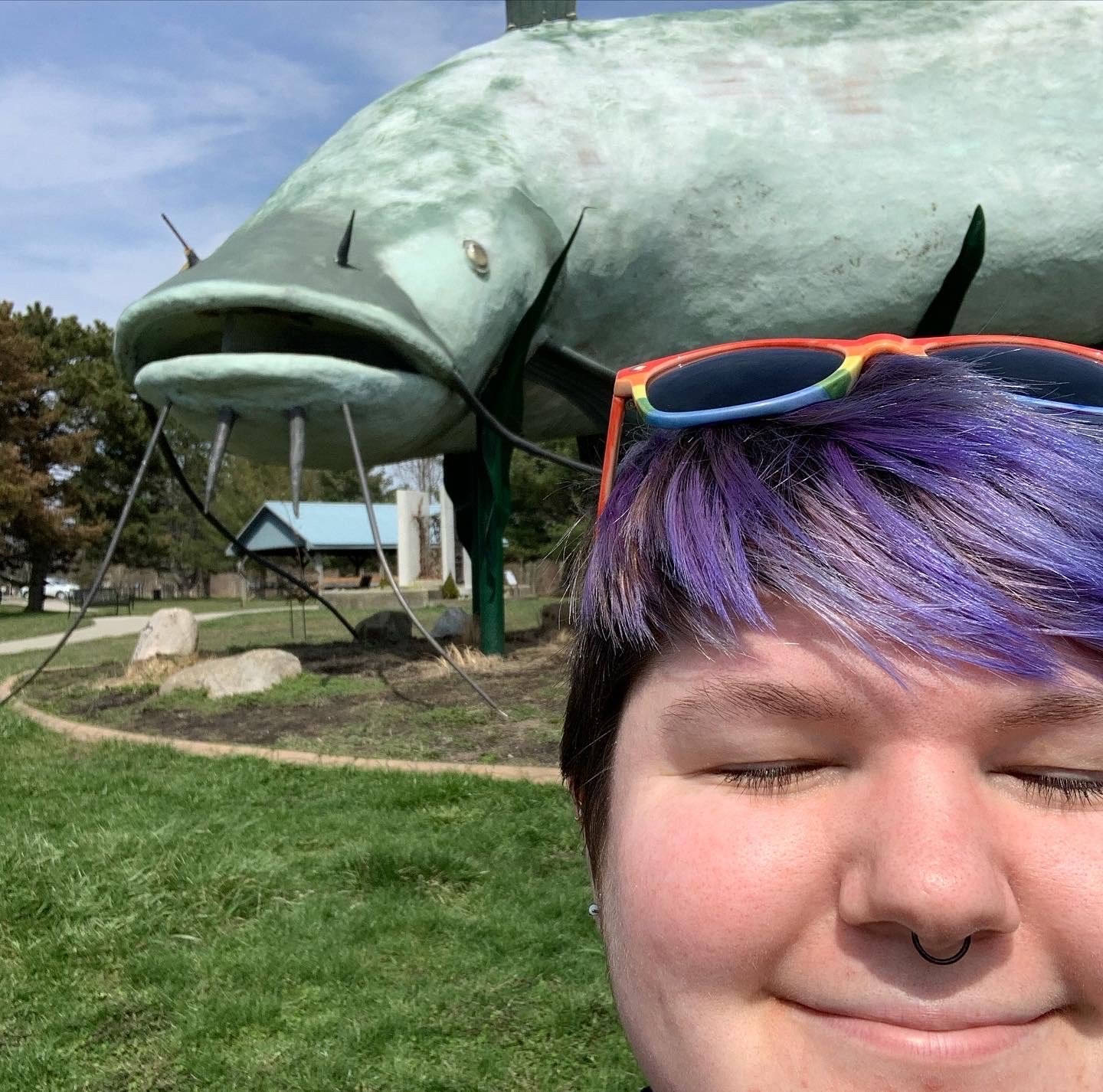Discrimination in Fantasy Media: Need It Exist?
/Fantasy is often a reflection of our current society—except better, because it involves magic or dragons. However, part of our society includes ugly traits like prejudice, stereotypes, and discrimination.
Unfortunately, fantasy media loves to include this unpleasant part of the Real World.
Conflict is the heart of storytelling. One way to easily stir up conflict is by including certain prejudices. But is it possible to create a society that isn’t based on the oppression/privilege power structure without removing conflict entirely?
As a writer, fantasy lover, and someone involved with social activism, it’s a difficult question to answer.
Sure, there’s plenty of fantasy media that steers away from integrating this societal discrimination, or even stories that do a sort of role-reversal—where marginalized groups are the privileged ones. While privileged vs. marginalized is not a black-and-white issue, the structure of many fictional fantasy societies closely follows the modern beliefs, assumptions, and prejudices of the Real World.
Including certain discrimination in fantasy can be an interesting (and necessary) plot device. It can also be a way for a creator to explore their own experiences and biases. If all fantasy media excluded depictions of oppression, it would be severely limiting. It also eliminates the chance to explore those topics and subvert the norms of the Real World. The last thing to remember is that fantasy is ultimately fictional. The discrimination and other unsavoury aspects—while maybe based on the Real World—are not real.
So, how do you properly include discrimination in fantasy media?
1. Think it over!
Whenever you’re creating media, remember these two words: think critically!
Does it need to be there? Does it add to the plot? Does it serve its purpose of upholding the message or theme? Does it make the audience think and reflect? Is it something you only threw in because it was familiar and/or goes along with other fantasy tropes?
2. Consider alternatives!
The main alternative to including oppression in fantasy media is not including it and seeing what happens. However, maybe the main character facing discrimination is an important plot point that can’t be deleted.
Another alternative would be subverting the norms of our world. What if society was run entirely by women? What if being gay was the norm and being straight was seen as wrong? The world is your sandbox; play around in it and see what happens.
3. Do your research!
So you’ve decided to include harmful language, acts of violence, and/or state-sanctioned oppression—now it’s time to make sure you know what you’re doing.
Instead of making assumptions and hoping for the best, do some research to ensure that the oppression in your story is not only believable, but also respectful to the people in the Real World who face such experiences.
Reading people’s stories, getting in contact with people who know what it’s like to face discrimination, understanding why our society holds on to certain prejudices—all that knowledge will add to your story. It’s an important step that can’t be skipped.
4. Hire a sensitivity reader!
Now that your scenes are out of your head and on paper, the computer, or whatever medium you use to create fantasy stories, it’s time to review!
A sensitivity reader is a type of proofreader—they’ll let you know if you included content that is not appropriate or accurate to certain marginalized experiences. Remember, they’re not there to tell you you’re a bad person or to get rid of conflict—they are there to say “Hey, your sympathetic good-guy character repeatedly uses a slur, which is not very sympathetic good-guy behaviour.” It’s a learning opportunity that will help your book shine with its carefully thought-out portrayals of difficult subjects.
As fiction reflects reality, fantasy reflects the real world. The inclusion of oppression, prejudice, and discrimination in fictional societies can either be used to uphold real-world biases, or to explore them in a safe setting.
Ultimately, whether you decide to include discrimination in fantasy media is up to you. As long as you create the portrayals with the same amount of thought and effort as any other aspect of your story, it can be an effective and compelling part of the narrative.
Visiting my best friend: Muddy the Mudcat in Dunnville, ON.
ALEX GAVA — I’m Alex, a student of Professional Writing at Algonquin College. Besides being a professional writer, I’m also a professional catastrophe.
You can usually find me hunched over my laptop, typing furiously across the keyboard in either a stroke of genius or madness. Sometimes both.
When I’m not writing, I’m usually taking care of my lovely pets, reading, watching the same TV shows and movies that I’ve been watching since grade school, or taking naps.
Thank you for visiting the Otherworld’s Corner. 🦄



